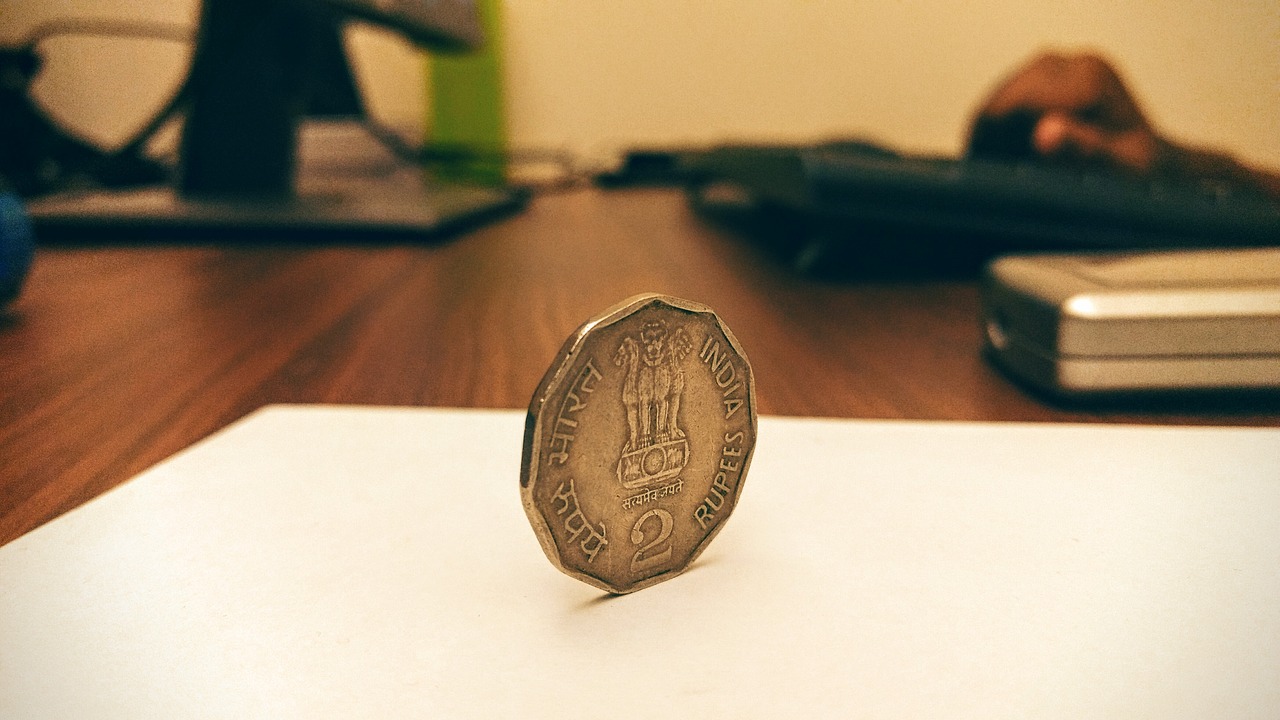EMERGING MARKETS-China brings relief but oil sends Indian rupee to record low
News that China is easing COVID-19 restrictions lightened mood across emerging markets on Tuesday, although a rebound in oil prices sent importers of the commodity such as Indian rupee to a record low and kept the Turkish lira under pressure.

News that China is easing COVID-19 restrictions lightened mood across emerging markets on Tuesday, although a rebound in oil prices sent importers of the commodity such as Indian rupee to a record low and kept the Turkish lira under pressure. Asian stocks swung higher, with Shanghai's blue-chip CSI300 index closing 1.0% higher and Hong Kong's Hang Seng index rising 0.9%. The former has climbed 19.7% since hitting a trough on April 26.
The yuan also firmed in offshore trading after China slashed the quarantine time for inbound travellers by half in a major easing of one of the world's strictest COVID-19 curbs. Spurring an upbeat mood across markets, equities in Europe rose, Brent crude prices jumped to $116.2 per barrel and iron ore futures gained.
"Global growth expectations will head lower, but we anticipate that China's economy will rebound in 2H22," Phoenix Kalen, global head of emerging markets research at Societe Generale, wrote in a note. "Notwithstanding significant downside risks, our central scenario for global growth over the next several years is relatively benign, envisioning a deceleration in DM and a mild improvement/stabilisation in EM growth."
However, currencies of countries reliant on oil imports weakened. The Indian rupee hit a record low to trade at 78.76 per dollar, with intermittent dollar selling by the central bank helping limit losses. The Turkish lira slipped to trade at 16.63 per dollar, about 5% away from the year's low it hit last week.
Overall, the MSCI's EM currencies index looked set to post its worst quarterly performance since March 2020 when the coronavirus pandemic wreaked havoc on financial markets. "We anticipate further weakness in EM FX spot performance, with mild deterioration in 3Q22 and a turn-around toward stronger performance before end-2022," added SocGen's Kalen.
Among central European currencies, the Hungarian forint recovered slightly after hitting a record low against the euro in the previous session on worries about soaring inflation and the absence of a deal with Brussels on the release of frozen European Union funds. The central bank is expected to raise interest rates by another 50 basis points to 6.4% later on Tuesday, with more hikes to come this year, as per a Reuters poll of economists.
"HUF weakness has triggered some revision of expectations...a sizeable minority have switched to expecting a 100bp hike instead," Commerzbank strategists wrote in a note. "This means that, if MNB were to simply ignore such expectations and hike by 50bp, there could be immediate further pressure on HUF."
For GRAPHIC on emerging market FX performance in 2022, see http://tmsnrt.rs/2egbfVh For GRAPHIC on MSCI emerging index performance in 2022, see https://tmsnrt.rs/2OusNdX For TOP NEWS across emerging markets
For CENTRAL EUROPE market report, see For TURKISH market report, see
For RUSSIAN market report, see
(This story has not been edited by Devdiscourse staff and is auto-generated from a syndicated feed.)
ALSO READ
Fire in Hong Kong's busy Kowloon kills five
Kikkoman India Hosts Second Culinary Experts Meet-up, Focusing on Innovative Ingredient Usage in Indian Cuisine
Indian-American golfers Theegala and Bhatia set their sights on making a mark at Augusta Masters
Fire in Hong Kong's busy Kowloon kills five
Diaspora body urges US govt, universities and student organisations to work towards addressing the spike in deaths of Indian-origin students










